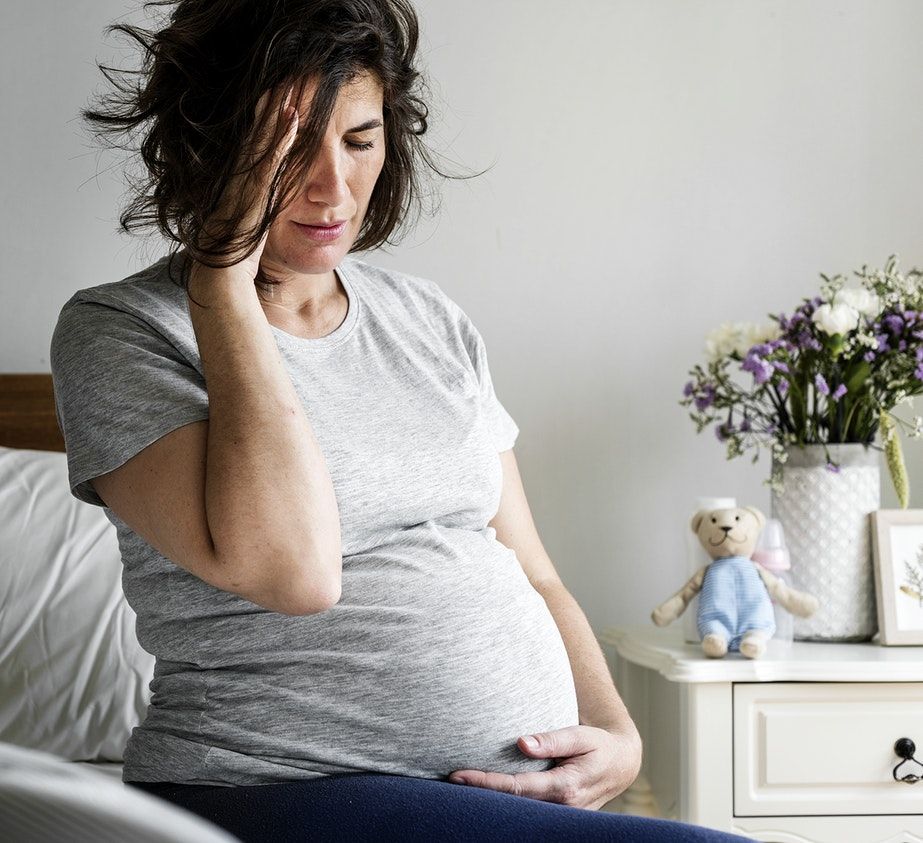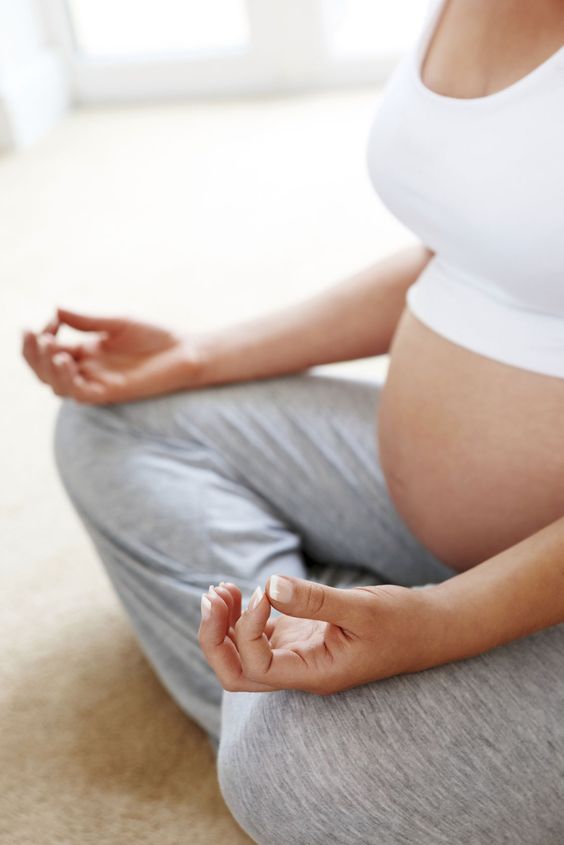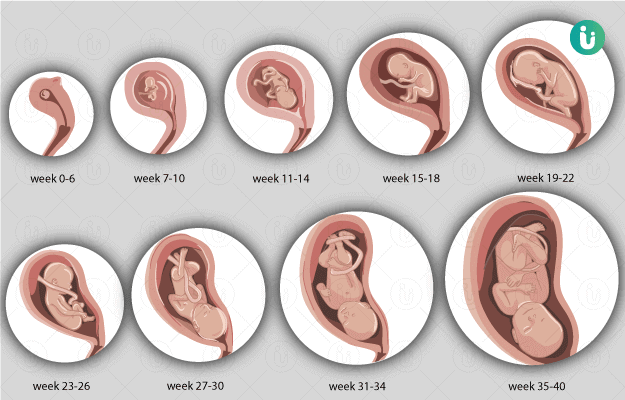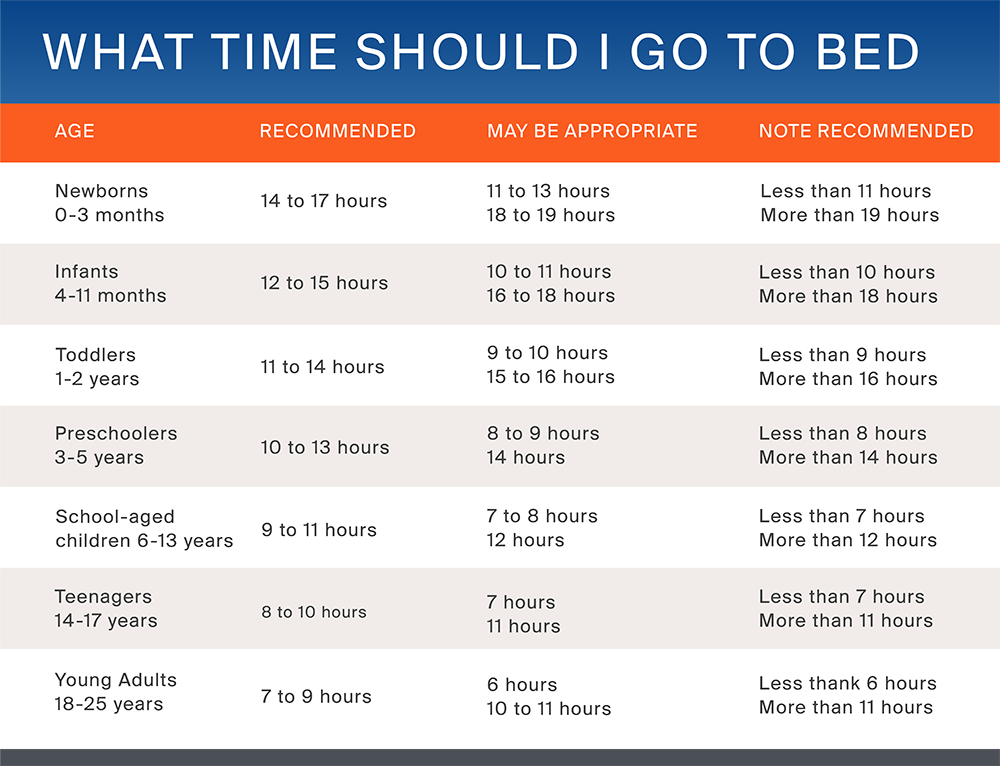Headaches towards end of pregnancy
Pregnancy and Headaches: When Should I Worry?
Pregnancy is a beautiful thing to be celebrated, but few people fill you in on the not-so-great symptoms that may occur during the journey. Namely, heartburn, gas, constipation and, for some pregnant mamas, headaches.
While headaches can be just another normal symptom of pregnancy, should they ever be a cause for concern?
“Headaches are common in women both in and outside of pregnancy,” said Kelley Saunders, MD, an OBGYN with Banner – University Medicine Women’s Institute. “But whether they are normal or not should always be discussed with your doctor."
Here is some insight into what causes headaches during pregnancy, some remedies to treat them and why your doctor should be kept in the loop.
Is it a headache or something else?
It isn’t always easy to tell what kind of headache you’re having, but the most common types of headaches during pregnancy are tension-type headaches, migraines and cluster headaches.
Tension headaches are the most common kind of headache in pregnant women. It can feel like someone is trying to squish your head like a watermelon. If you carry your stress in your shoulders and neck, you may be more susceptible to this kind of headache.
Migraines are a particular type of headache that occur on one side of the head. For some women, migraines can get worse the first few months and then improve in later stages of pregnancy. For others, they may experience no change, decrease or difference in their migraines.
Cluster headaches are less common but can occur during pregnancy. You’ll suddenly have severe pain around your eyes or temples usually about the same time every day.
The good news is that there are plenty of pregnancy-safe things you can do to prevent and relieve the most common pregnancy headaches.
Tips for relieving mild headaches
- Get plenty of rest. Sleep is especially hard later in your pregnancy but is so important to physical and mental health.
 Find yourself a comfy prenatal pillow and snuggle away.
Find yourself a comfy prenatal pillow and snuggle away. - Drink plenty of water. Pregnant moms require more water than the average person. While you may want to avoid extra trips to the bathroom, adequate fluid intake is important for you and baby.
- Eat regular, well-balanced meals. To prevent low blood sugar, eat small meals throughout the day. Avoid sugar, like soda and candy.
- Get a prenatal massage. A full-body massage can release tension in the muscles of your neck, shoulders and back.
- Use warm compresses on head, neck and shoulders.
- Avoid triggers. Keep a journal to help identify specific triggers so you can learn what to avoid. Some common headache triggers include strong odors and nitrites or nitrates.
- Try exercise and relaxation techniques. There’s evidence that regular exercise can reduce stress and boost overall mood.
 Check with your doctor first before starting any new fitness routines.
Check with your doctor first before starting any new fitness routines. - Take acetaminophen to relieve symptoms (as approved by doctor).
- Take caffeine in doses less than 200mg in a day (as approved by doctor).
If you have a history of migraines, however, your doctor may treat them differently during pregnancy. Discuss with your doctor what medications are safe to take during pregnancy.
Is my headache a cause for concern?
Sometimes. Headaches tend to be more common in the first and third trimesters, but they can occur in the second trimester as well. While there are common causes for headaches during pregnancy, it’s important to note that headaches during the second and third trimester can also be due to high blood pressure, called preeclampsia.
“Preeclampsia is a pregnancy-related condition that requires prompt evaluation and management with an obstetrician or maternal fetal medicine specialist,” Dr. Saunders said. “Elevated blood pressure prior to pregnancy puts a woman at increased risk for preeclampsia.”
Saunders said. “Elevated blood pressure prior to pregnancy puts a woman at increased risk for preeclampsia.”
When should I call my doctor?
Whether you experience headaches or not, it’s always important to discuss your pre-pregnancy history, obstetrical history and concerns with your doctor for an individualized assessment and management plan. However, if none of the above treatments resolve your mild headache or your headaches become more frequent and severe, talk to your doctor to determine the cause.
“This includes new headaches that present after 20 weeks, a sudden onset of severe headaches, headaches associated with a fever, mental health changes, elevated blood pressure and vision changes,” Dr. Saunders said. “It’s important to keep an open line of communication with your physician and let them know about any changes in your health so they can rule out anything serious."
Got questions? We can help!
If a headache is keeping you up at night and your doctor isn’t available, call the Banner Nurse Now line, a free health care service that offers advice 24-hours a day, seven days a week. Call 844-259-9494.
Call 844-259-9494.
Check out other pregnancy articles on our Banner Health blog
Pregnancy is an exciting, but also a bit scary time (especially if this is your first baby). Here are some other reads to help guide you through the trimesters and welcoming baby:
- 5 Tips for Having a Happy, Healthy Pregnancy
- Expect the Unexpected: How Your Body Changes During Pregnancy
- What To Expect In The Second Trimester
- Understanding Pulmonary Embolism Risk During Pregnancy
Women's Health Pregnancy
Join the Conversation
Headaches During Pregnancy | American Pregnancy Association
Headaches are one of the most common discomforts experienced during pregnancy and may occur at any time during your pregnancy, but they tend to be most common during the first and third trimesters.
During the first trimester, your body experiences a surge of hormones and an increase in blood volume. These two changes can cause more frequent headaches. These headaches may be further aggravated by stress, poor posture or changes in your vision.
These two changes can cause more frequent headaches. These headaches may be further aggravated by stress, poor posture or changes in your vision.
Other causes of headaches during pregnancy may involve one or more of the following:
- Lack of sleep
- Low blood sugar
- Dehydration
- Caffeine withdrawal
- Stress (due to many changes)
Women who have regular migraine headaches may discover that they experience fewer migraines during pregnancy; however, some women may encounter the same number or even more migraine headaches. If you are pregnant, it is important to talk to your health care provider about any medications that you may be taking for headaches.
Headaches during the third trimester tend to be related more often to poor posture and tension from carrying extra weight. Headaches during the third trimester may also be caused by a condition called preeclampsia, which is high blood pressure during pregnancy.
How Do I Treat Headaches During Pregnancy?
During pregnancy, you want to try and relieve your headache by natural means if possible, however your health care provider may recommend acetaminophen.
You may want to try to relieve your headache with one or more of the following natural remedies:
- If you have a sinus headache, apply a warm compress around your eyes and nose
- If you have a tension headache, apply a cold compress or ice pack at the base of your neck
- Maintain your blood sugar by eating smaller, more frequent meals – this may also help prevent future headaches
- Get a massage – massaging your shoulders and neck is an effective way to relieve pain
- Rest in a dark room and practice deep breathing
- Take a warm shower or bath
- Practice good posture (especially during the third trimester)
- Get plenty of rest and relaxation
- Exercise
- Eat well-balanced meals
You may also reduce the likelihood of migraine headaches by avoiding common triggers of migraine headaches:
- Chocolate
- Alcohol
- Yogurt
- Aged cheese
- Peanuts
- Bread with fresh yeast
- Preserved meats
- Sour cream
When Should I Contact My Doctor?
- Before taking any medications
- If you do not experience any relief from the remedies above
- Your headaches get worse or more persistent
- You experience headaches that are different than normal
- Your headaches are accompanied by blurry vision, sudden weight gain, pain in the upper right abdomen, and swelling in the hands and face
Want to Know More?
- 7 Common Discomforts of Pregnancy
- Treating Muscle Cramps Naturally During Pregnancy
- Pregnancy and Leg Cramps
Compiled using information from the following sources:
1. Williams Obstetrics Twenty-Second Ed. Cunningham, F. Gary, et al, Ch. 55.
Williams Obstetrics Twenty-Second Ed. Cunningham, F. Gary, et al, Ch. 55.
2. National Headache Foundation.
https://www.headaches.org
3. Mayo Clinic Guide To A Healthy Pregnancy Harms, Roger W., M.D., et al, Part 3.
Migraine during pregnancy: what to do
Migraine is a benign disease, it does not affect the course of pregnancy and fetal development. However, migraine and pregnancy is a combination that requires a responsible attitude. Especially with frequent migraines (more than 2 times a week) and migraines with aura, because:
-
medicines approved for use, few,
-
and the approach to the treatment and prevention of migraine during this period is extremely individual: it depends on the frequency, severity and duration of headache, the degree of impact on life.
Our neurologist Daria Korobkova conducted a live broadcast on the clinic's Instagram account, where she told how migraine and pregnancy are connected, why attacks become more frequent or disappear, and answered subscribers' questions. The ether was saved, see “Air recording: migraine during pregnancy and GV.
The ether was saved, see “Air recording: migraine during pregnancy and GV.
We will tell about migraine during breastfeeding separately.
The statistics of clinical observations of migraine during pregnancy looks like this:
In 60-70% of pregnant women with migraine, headache attacks become less frequent, milder, or even completely disappear in the second and third trimesters. This is due to the stabilization of estrogen levels. By the beginning of the second trimester, it rises 6 times and its fluctuations stop.
In other women, migraines during pregnancy either remain unchanged or worsen. But as the duration of pregnancy increases, the proportion of such women gradually decreases:
If at the end of the first trimester the frequency and intensity of attacks persist, then it is most likely that migraine will disturb the woman throughout the entire period of pregnancy and after childbirth too.
How to manage migraine during pregnancy?
The main thing here is to learn how to control seizures and, if necessary, seek medical help.
-
Follow lifestyle advice:
-
get enough sleep;
-
drink enough fluids;
-
eat fractionally and without long breaks;
-
rest;
-
avoid stressful situations. This is one of the main provocateurs of migraine. Psychotherapy, relaxation and stress management are here to help you.
-
Keep a headache diary. This will help you take control of migraine triggers.
Yes, these simple recommendations are sometimes enough to make seizures less frequent! Pregnancy is a special state of a woman. If in other periods of life we do not take such recommendations so seriously, then in this situation it is worth trying to change the philosophy of life and attitude towards ourselves =)
How to relieve an attack?
-
Favor non-drug methods.
 Sometimes, in order to relieve an attack, it is enough to eliminate an unfavorable factor:
Sometimes, in order to relieve an attack, it is enough to eliminate an unfavorable factor:
-
dry biscuits, ginger, or applesauce may help with nausea;
-
for dehydration - diluted juice or other liquid;
-
sleep, walking or breathing exercises can also help to cope;
-
If the attacks are severe, interfere with your life, then under the supervision of a specialist, you can resort to drug therapy.
PARACETAMOL is considered the safest and can be taken throughout pregnancy.
All other drugs have nuances. For example:
-
ibuprofen can be taken in the second trimester, and in the first trimester it is better to limit, in the third trimester the drug is contraindicated for use;
-
aspirin is prohibited in the 3rd trimester and is undesirable for taking in the first two, as it can cause extremely undesirable consequences;
-
It is strictly forbidden to use ergotamine and opioid analgesics;
-
triptans are not officially approved for use during pregnancy as no controlled studies have been conducted.
 However, clinical observations of women around the world who took them on their own showed no adverse effects on the fetus. We discussed this issue in more detail on the air.
However, clinical observations of women around the world who took them on their own showed no adverse effects on the fetus. We discussed this issue in more detail on the air.
!Other than paracetamol, we do not recommend the use of any drug without a doctor's prescription.
When to see a doctor:
-
migraine occurred for the first time during pregnancy;
-
if migraine attacks suddenly become more frequent and stronger;
-
if the aura became longer or appeared for the first time;
-
if the headache is rapidly increasing and has an unusual character;
-
if the pressure rises during the headache.
Follow our Instagram to read the latest materials on the diagnosis and treatment of headaches!
cluster headache. Rare but painful Holidays without headaches. Real holidays Something about osteochondrosis. An excerpt from the book of Kirill Skorobogatykh.
Rare but painful Holidays without headaches. Real holidays Something about osteochondrosis. An excerpt from the book of Kirill Skorobogatykh.
Afternoon headache
2020.04.16
What can cause a headache in the afternoon?
In the afternoon headaches are no different from other types of headaches. Any headache can strike during the day. It is a headache in whole or in part. The only thing that is different is the time. However, for those who often experience headaches in the afternoon, something may have happened earlier during the day that causes a headache a few hours later. They usually calm down in the evening on their own. In rare cases, severe or recurrent headaches in the afternoon can be a sign of a more serious condition.
Here are some of the most common causes of daytime headaches, tips on how to deal with the problem and when to see a doctor.
1. Headache due to dehydration
Some people may develop headaches due to dehydration (lack of fluid). They usually experience headaches in the afternoon. Dehydration headaches can be caused by a person not drinking water for a long time, skipping their lunch break, or drinking too much coffee but not drinking water.
After dehydration, a person may experience other symptoms such as:
- dry mouth, lips and throat
- dark urine or infrequent urination
- dizziness
- irritability
2. Tension headache
This is the most common headache. Women experience this kind of pain twice as often as men. This is a headache. It is caused by stress, tension in the muscles of the neck, shoulder girdle or jaw.
Tension headaches usually come on slowly and progress over several hours. A person may experience this type of headache after spending several hours in a car, in front of a computer, or spending time in an awkward position.
A person with a tension headache may notice that the muscles in the neck or shoulders are tense or sore, noticing that massaging these muscle groups relieves or aggravates the headache.
Tension headaches are not dangerous, but they can last for hours or days. Head, neck and shoulder exercises or more frequent breaks from sitting at the computer, deep breathing exercises can help.
3. Migraine
Migraine is a neurological type of headache. Some people experience visual disturbances, increased sensitivity to light and unusual sensations in the body during this time, sometimes experiencing nausea and may induce vomiting.
Migraine can occur at any time of the day. Migraine headaches can be triggered by certain smells, sights, sounds, or foods.
People who experience migraines at the same time every day should write down their symptoms and activities to help identify potential factors that trigger migraines.
4. Caffeine-induced headaches
Caffeine-induced headaches
For some people, caffeine can cause headaches. Caffeine can contribute to dehydration, which can worsen dehydration headaches. For others, caffeine can relieve headache symptoms.
People who regularly consume caffeine may experience pain from caffeine withdrawal if they lower their caffeine levels or skip their regular morning or afternoon coffee.
Caffeine withdrawal headaches often occur in the afternoon when the body feels it has not received its usual dose of caffeine.
5. Hunger headaches
For some people, hunger headaches are caused by low blood sugar.
A person experiencing a hunger headache may also feel tired, trembling, or dizzy. Sometimes people who have a headache from hunger can pass out.
People who are being treated for diabetes may be more vulnerable to hunger-induced headaches because some anti-diabetic drugs can cause blood sugar levels to drop between meals.
6. Alcohol related headaches
Alcohol can cause headaches. People who drink alcohol during the day may find that they soon develop headaches.
People with cluster headaches are an intense type of logical headaches, usually affecting the front of the head, and can occur with alcohol.
People with drinking problems experience headaches for days to weeks after stopping drinking. People who usually drink during the day may find that at the time of day when the body expects to drink a dose of alcohol, the pain becomes even more severe.
7. Headache due to high blood pressure
High blood pressure does not usually cause headaches. However, dangerously high 180/120 mm Hg. or higher may cause a headache.
A person who has a headache due to high blood pressure may not have other symptoms or may have vision problems, redness, or dizziness.
There is an urgent need to eliminate high blood pressure, which causes headaches, which is especially dangerous for pregnant women. If blood pressure remains at 180/120 mm Hg. Art. Or higher, see a doctor or go to an ambulance.
If blood pressure remains at 180/120 mm Hg. Art. Or higher, see a doctor or go to an ambulance.
8. Headache due to uncorrected vision
Uncorrected vision problems, prolonged computer viewing, eye and neck imbalances can cause headaches.
Headaches due to vision problems are a rare type of headache that causes pain in the front of the head. A person may feel drained after noticing that the pain intensifies after several hours spent at the computer.
Correctly fitting glasses or contact lenses often solve the problem of headache. Some people also find relief by doing eye exercises, taking frequent breaks, or wearing special glasses that reduce blue light stress.
9. Headache due to allergies
Allergies can cause painful pressure in the head and face. A person with allergies can:
- sneeze a lot
- feel distracted or tired
- note that their eyes itch
- feels sick
Allergies usually affect a person as soon as they are exposed to the allergen. Pain is rarely limited to a certain time of day. However, an allergen headache may occur in the afternoon. For example, a person may have a headache after an afternoon walk outside or after an afternoon meeting while someone has been wearing strong perfume.
Pain is rarely limited to a certain time of day. However, an allergen headache may occur in the afternoon. For example, a person may have a headache after an afternoon walk outside or after an afternoon meeting while someone has been wearing strong perfume.
10. Emergencies
In the afternoon, you may experience headaches caused by serious health problems such as a stroke or aneurysm. However, unlike other types of headaches, they usually do not go away.
A person who experiences a headache in the afternoon should not think that it is caused by the time of the day itself. Severe and life-threatening headaches can occur at any time of the day.
Signs that a headache is an emergency include:
- changes in vision or pain in the eyes
- severe headache that differs significantly from normal human headache
- severe headache that comes on suddenly and does not go away when trying to get rid of it by means such as massage, water or darkness
- changes in memory or personality during headache
- loss of consciousness
- sudden sounds in the head (tinnitus, growling)
- confusion
- headache after a car accident or blow to the head
- very stiff neck with signs of infection such as fever or muscle pain
Troubleshooting
How headaches are treated depends on their cause. Some simple lifestyle strategies that can reduce the occurrence of headaches include:
Some simple lifestyle strategies that can reduce the occurrence of headaches include:
- Take frequent breaks from work
- Avoid sitting in an extended or tense position
- Relax and move as often as possible
- Drink plenty of water throughout the day
- Eat regularly, healthy food
- Avoid coffee products that cause headaches, such as alcohol
- regular eye examinations
- Wear glasses or lenses prescribed by an eye doctor if needed for people who find caffeine relieves headaches, this symptom can usually be prevented by drinking caffeine early in the day
- Migraines can be more difficult to treat, but a combination of medication and lifestyle changes can often help.
- Blood pressure headaches may require lifestyle changes, blood pressure medication, or other treatment.
- If the headache is suspected to be caused by something more serious, such as a stroke or an aneurysm, urgent care is needed.













